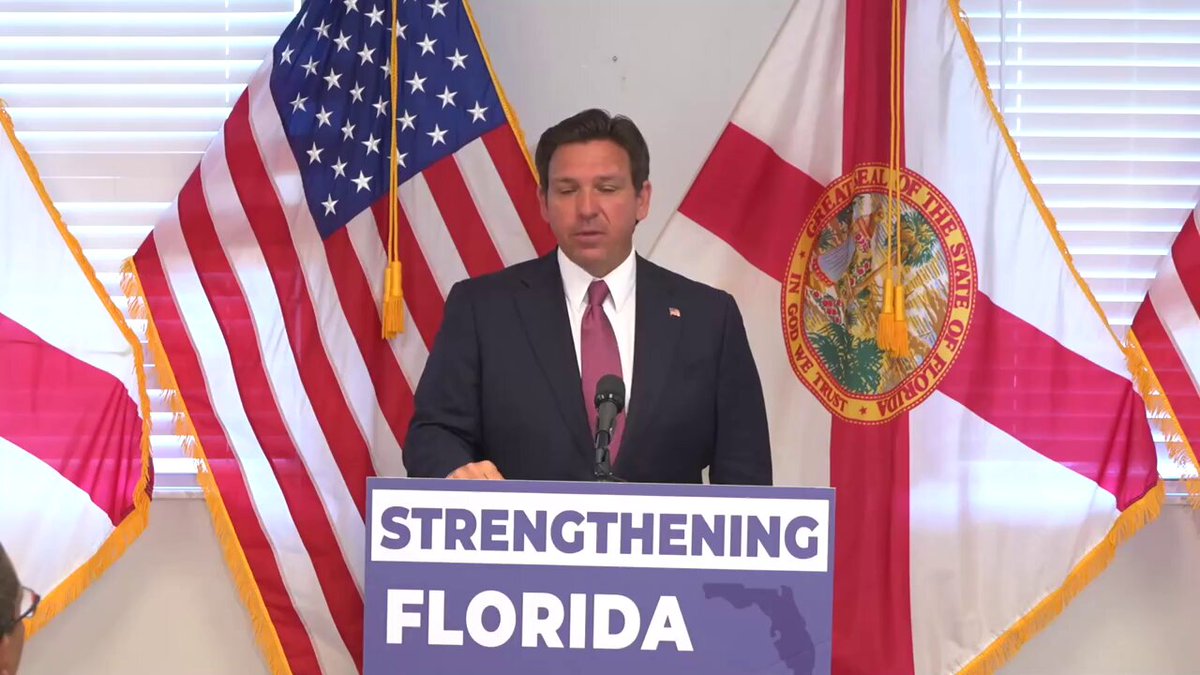The statement addresses the issue of campus protests and the response of universities to perceived harassment and intimidation, particularly against Jewish students and faculty. It contrasts the responses of universities in different states, suggesting a tougher stance on such protests in Florida universities.
- The statement may indirectly harm by generalizing the behavior of protesters and the responses of universities without specific evidence, potentially inflaming tensions. [-1]Principle 1:I will strive to do no harm with my words and actions.
- The statement respects the dignity of Jewish students and faculty by condemning harassment but may compromise the dignity of protesters by labeling them broadly without distinction. [-1]Principle 2:I will respect the privacy and dignity of others and will not engage in cyberbullying, harassment, or hate speech.
- The statement lacks a tone of empathy and understanding towards all parties involved, focusing instead on punitive measures. [-1]Principle 3:I will use my words and actions to promote understanding, empathy, and compassion.
- The statement engages in a form of dialogue about university policies and student behavior but does so in a manner that could be seen as divisive rather than constructive. [-1]Principle 4:I will engage in constructive criticism and dialogue with those in disagreement and will not engage in personal attacks or ad hominem arguments.
- The statement does not acknowledge the complexity of the issues at hand or the potential for varied perspectives within the protester groups or among university administrators. [-1]Principle 5:I will acknowledge and correct my mistakes.
- The statement uses its platform to advocate for a specific policy approach, but it may not necessarily contribute positively to societal betterment if it encourages polarization.Principle 6:I will use my influence for the betterment of society.
